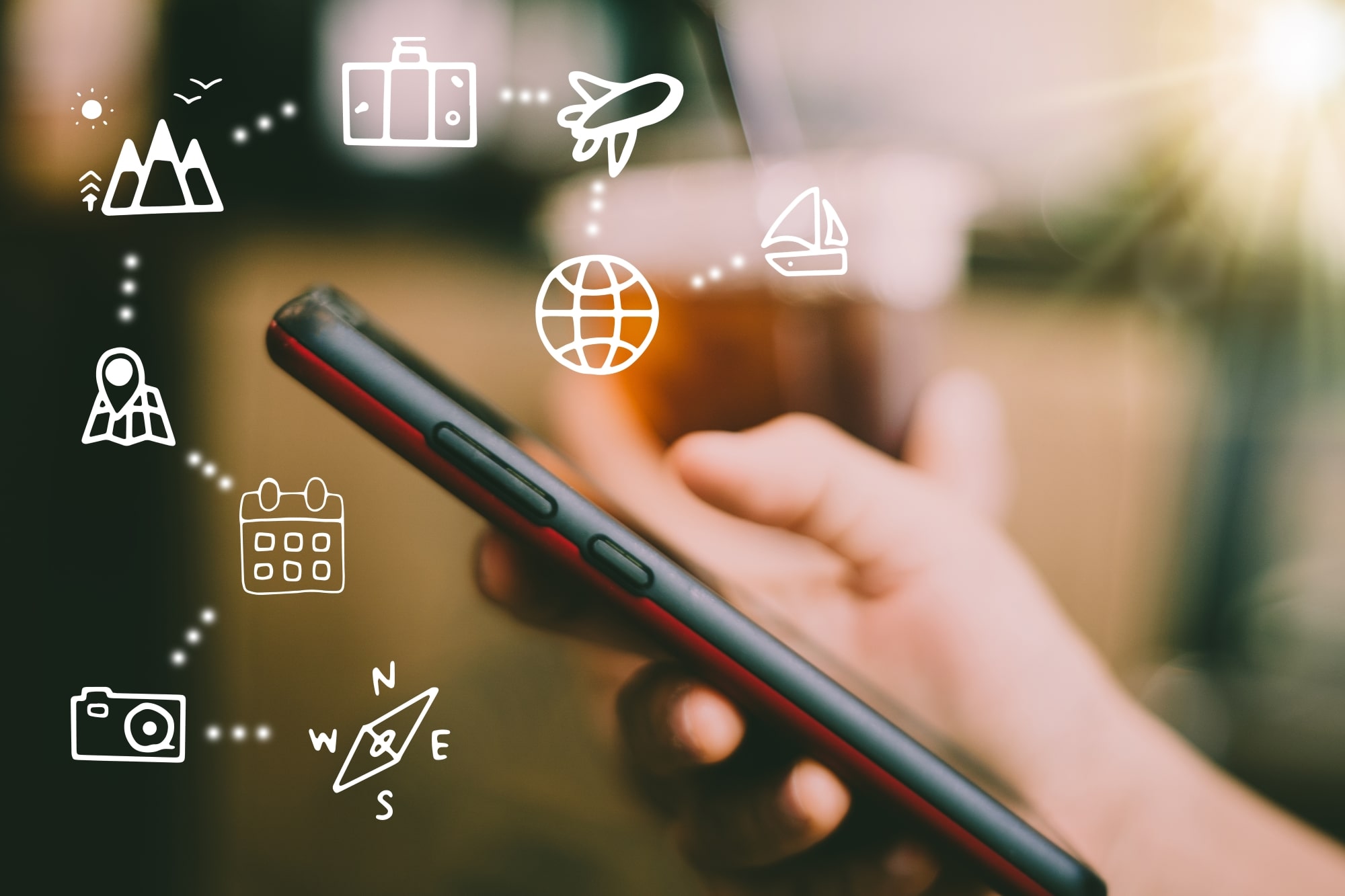|
Getting your Trinity Audio player ready...
|
The US is the third most visited country in the world after France and Spain, with an estimated count of 79.3 million people touring the country in 2019 before the COVID pandemic. Needless to say, the US is a tourist hub with famous sites such as the Grand Canyon and beautiful and vivacious cities like New York and Las Vegas.
However, just like in other parts of the world, many tourists have been victims of scams in the US, casting a pall over their experiences. If you are planning a visit to the US, you must acquaint yourself with the typical fraud you are likely to encounter to you stay alert. Here are the most common tourist scams in the United States.

Discounted Tickets
You are likely to encounter this scheme while still in your country. Scammers, using this trick, set up fake airline and hotel booking websites to dupe you into buying discounted tickets. However, because the websites are fake, you lose your money and sometimes even become a victim of identity theft.
So, to be safe, avoid purchasing show, subway, or flight tickets from unauthorized people, as they are likely fake or overpriced despite being labeled as discounted.
Mixtape CDs Dished Out on Streets
This is a typical con game in major US cities, where fraudsters masquerade as music artists trying to promote their music by dishing out their mixtape CDs for free. However, once you agree to take the CD, you are prompted with requests for donations or coerced into buying it at an unjustifiable fee altogether.
To avoid this swindling scheme, stick to the activities on your itinerary and don’t interact with strangers on the streets without necessity.
Intrusive Telephone Calls and Texts
Almost one in three Americans confesses to having fallen victim to phone fraud. For tourists, this statistic may even be worse. These fraudulent schemes may present themselves in the following ways:
● IRS calls and texts concerning overdue taxes;
● Freebies like vacations and gifts;
● Fake charity donations;
● Fake lottery;
● Deceptive debt collectors.
To be on the safe side, avoid engaging with strangers on the phone, especially on unfamiliar issues you neither recall nor understand. In serious cases, always confirm with the relevant organizations about the matters discussed on strange calls and texts.
Plus, with the help of people search websites, it has become easier to determine who stands behind a phone call or message. Go to Nuwber and reverse search the number you have been contacted from. You will find the caller’s or texter’s full name, address, professional details, criminal records, and much more.
Widget not in any sidebars
Bracelet Gift
Fraudsters posing as monks will typically hand you out a bracelet as a gift and put it around your wrist. However, once you wear the bracelet, you are aggressively pressured into giving out a donation and harassed if you do not give in. This con game also exposes you to pickpockets who may take advantage of your pockets or bags while your mind is fixated on the bracelet.
Photography with Movie Characters
Beware of scammers walking around Times Square donned in Elmo, Spiderman, or Superman costumes, welcoming you to pose for photos. This all seems free until you are coerced into paying for the photo. To be safe, visit controlled theme parks such as Disneyland and Universal Studios for photos with your favorite superheroes.
Paid Photography at Public Monuments
Some famous American monuments, such as the Statue of Liberty, are controlled by The National Park Service, and the entry is free (unless you want access to the statue’s pedestal or crown). However, some unauthorized parties sell tickets and charge tourists an entrance fee and service fee for photos taken at the monuments. To avoid this scam, simply research in advance with the NPS for any fees required to explore such sites.
Taxi Scam
Taxi operators are notorious for fleeing unsuspecting tourists. For instance, some drivers deceptively offer lucrative flat rates to visitors, then add ridiculous expenses like parking and toll fees at the end of a ride. In other scenarios, cab drivers overcharge naive tourists for very short distances. A common excuse for overcharging you would be a ‘broken’ taxi meter.
Additionally, beware of crooked taxi operators who intentionally fail to load or offload all your bags, hoping you don’t notice. To be safe, use trusted transport service providers like Uber and Lyft. Alternatively, you can catch a bus, use the subway, or even look out for regulated rideshare companies beforehand.
Free Wi-Fi
Always remember that not all Wi-Fi is secure. Connecting to random Wi-Fi hotspots may lay the groundwork for hackers to steal your passwords and even infect your phone with malware. Always be sure to use secure connections offered by official establishments, for example, the subway station. Otherwise, use your own internet connection and avoid public Wi-Fi altogether.
Shell Game
This is a well-known gambling game in most countries, and the US is no exception. This game is a short-con ploy that targets people on the streets of busy cities. It is mostly characterized by balls hidden in shells or cups on a box. The random cup or shell movements are done to make you bet on where the ball is hidden. However, this is a con game that rarely ends well for anyone other than the scammers.
Pickpockets
Watch out for any suspicious people following you or walking beside you, especially in busy cities and populated tourist attraction sites. Watch out for strangers who may stop you to initiate a conversation while giving pilferers an easy opportunity to steal from you. Secure your belongings and keep gadgets and money in a fanny pack or theft-proof pants with pockets.
Conclusion
Just like in most European countries and the rest of the world, despite being a traveler’s paradise, incidents of swindling and fraud have, from time to time, plagued the travel experience of many visitors in the US. In most cases, visitors risk losing money and personal details, while in more serious cases, even life can be at stake. Understanding the con games you are likely to encounter makes it easy to be proactive and to avoid falling for typical scams as a tourist.



